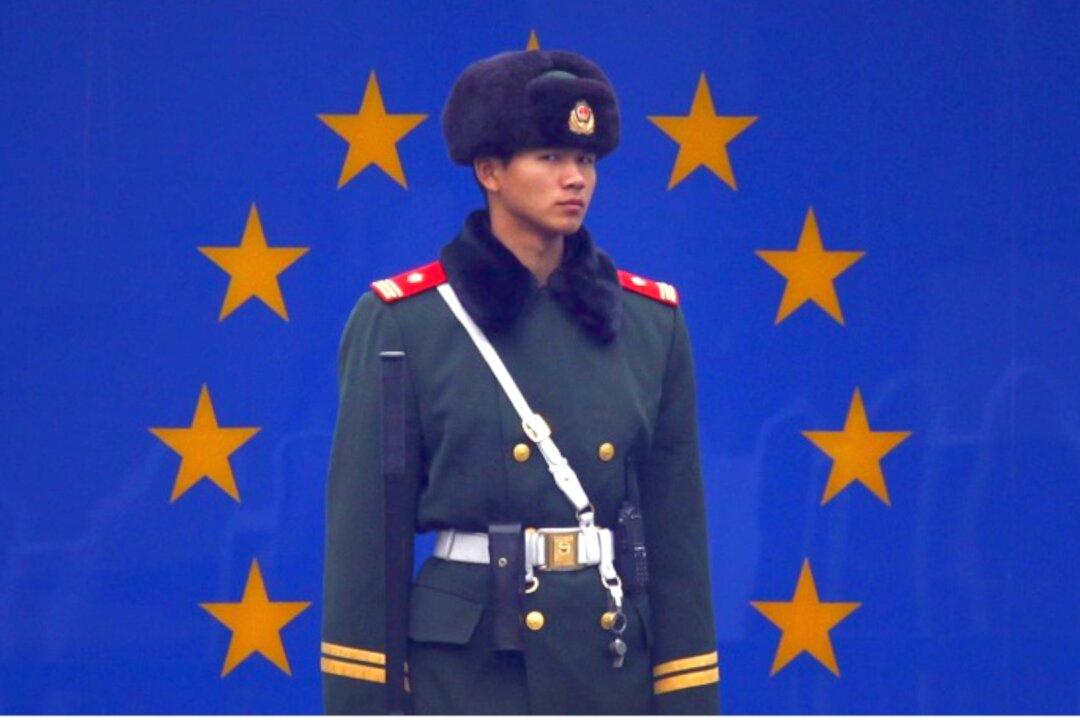The European Union (EU) on June 10 accused China and Russia of spreading disinformation about the CCP virus pandemic.
In a report published Wednesday, Brussels said the nations ran disinformation campaigns inside the EU about COVID-19, the disease caused by the CCP (Chinese Communist Party) virus, commonly referred to as the novel coronavirus.





